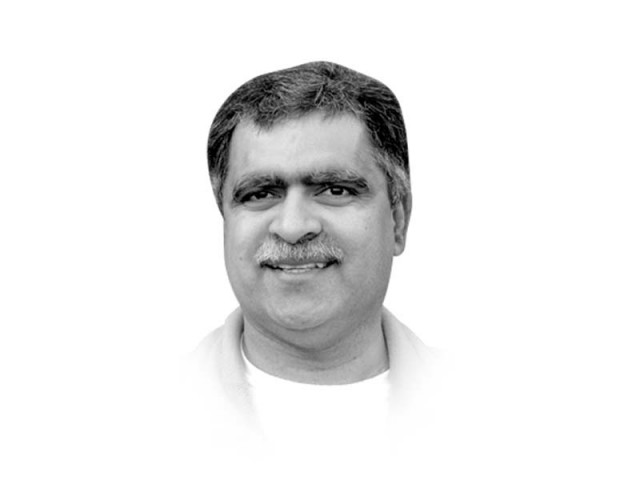The Nobel went to the right nominee
By awarding the prize to OPCW, the Committee has actually followed guidelines as set out in the will of Alfred Nobel.

The writer teaches at the University of British Columbia in Canada
Neither camp allows reasoned conversation and nuanced view about procedures and politics involved in the award of the Nobel Peace Prize. Before I discuss politics and procedures related to the Nobel Peace Prize, let me make one point abundantly clear. I oppose, without reservation, the politics of those who consider it fit to rip open the skull of a fifteen-year-old girl as she heads to school.
Let us start with some procedural facts. Going by media reports, Malala was the front runner for the prize this year and her supporters on Facebook were convinced there was no better candidate to deserve the coveted, but controversial, award. Did these people and media pundits know who nominated Malala for the Nobel? Was she among the shortlisted candidates? The recipient of the Nobel Peace Prize is chosen by the Norwegian Nobel Committee, the other four Nobel Prizes are decided by the Swedish Committee, which comprises five members appointed by the Norwegian parliament. The composition of the committee reflects the relative strength of political parties in the Norwegian parliament.
As per rules of the nomination, Malala could not have nominated herself. This is what the official the Norwegian Nobel Committee has to say about the nominated: “The Committee does not itself announce the names of the nominees, neither to the media nor to the candidates themselves.” If that is the case, then how did we know Malala was so close to receiving the prize? Once again, consulting the Norwegian Nobel Committee clarifies the matter: “In so far as certain names crop up in the advance speculations as to who will be awarded any given year's Prize, this is either sheer guesswork or information put out by the person or persons behind the nomination.”
In common parlance this is called a public relations exercise and/or lobbying. The massive media campaign in run-up to the announcement makes perfect sense. Release of the book I am Malala, a BBC documentary on her life, and blitzkrieg of television appearances on both sides of the Atlantic is event-management that will be the envy of many Oscar aspirants.
Malala Yousufzai will be 79-years-old in 2063 and that is when she will know why she was not chosen for the 2013 Nobel Peace Prize which, instead, went to OPCW. The information about the nominations, investigations and opinions concerning about the award is kept secret for 50 years.
The Nobel Peace Prize is patently a political prize, invariably and inevitably surrounded by controversy. Its recipients range from warmonger Henry Kissinger to paragon of peace Nelson Mandela.
But this year, by awarding the prize to the OPCW, the Committee has actually followed the guidelines as set out in the will of Alfred Nobel. The Nobel Peace Prize is to be awarded “to the person who shall have done the most or the best work for fraternity between nations, the abolition or reduction of standing armies and for the holding and promotion of peace congresses”. By awarding the prize to an organisation that is “tasked to verify the elimination of chemical weapons from the world and to encourage all nations to adhere to this hard-earned norm”, the Committee did just that. Chemical weapons along with nuclear and biological weapons constitute what are collectively termed weapons of mass destruction (WMD). Chemical Weapons Convention (CWC) came into force in 1997 which prohibits the production of storage such weapons. The OPCW plays an important role as the watchdog to ensure that international taboo against the use of chemical weapons is adhered to by the member states. A total of 189 states have signed the CWC. There are two states, Israel and Myanmar, who have signed the CWC but not ratified it. Five states remain outside the ambit of the CWC. These include Angola, Egypt, North Korea, South Sudan, and Syria. An organisation which devotes itself to making the world free of chemical weapons deserves the Nobel Peace Prize.
Published in The Express Tribune, October 20th, 2013.
Like Opinion & Editorial on Facebook, follow @ETOpEd on Twitter to receive all updates on all our daily pieces.
















COMMENTS
Comments are moderated and generally will be posted if they are on-topic and not abusive.
For more information, please see our Comments FAQ